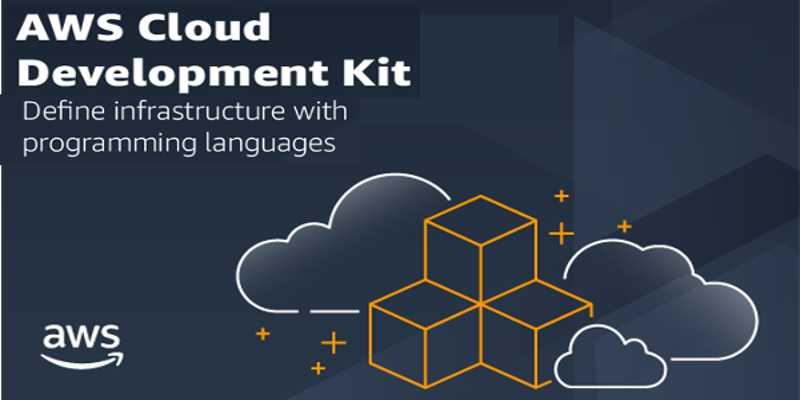AWS Developer Tools Blog
Category: Foundational (100)
General Availability of AWS SDK for .NET V4.0
Version 4.0 of the AWS SDK for .NET has been released for general availability (GA). V4 has been in development for a little over a year in our SDK’s public GitHub repository with 13 previews being released. This new version contains performance improvements, consistency with other AWS SDKs, and bug and usability fixes that required […]
Introducing S3 cross-region support in the AWS SDK for Java 2.x
AWS SDK for Java team is excited to introduce the latest addition to the AWS SDK for Java 2.x: the Amazon Simple Storage Service (Amazon S3) Cross-Region Client feature. With this new feature, you can effortlessly access Amazon S3 buckets in different AWS Regions by using a single client configured for cross-region access. Join us […]
Using Amazon Corretto (OpenJDK) for lean, fast, and efficient AWS Lambda Applications
Using Amazon Corretto (OpenJDK) for lean, fast, and efficient AWS Lambda By Guest Blogger Adam Bien In this post, I will discuss how you can launch large, monolithic applications on top of AWS Lambda, and I’ll show that they perform well and are cost effective. You’ll learn that the same application you develop for Lambda […]
Asynchronous Logging in Corretto 17
While working with an AWS service team to diagnose unexpected Garbage Collection (GC) pauses, the Amazon Corretto team discovered that applications were being throttled by I/O blocking while writing logs to disk. As a result, we decided to implement and contribute async-logging(JDK-8229517)) to OpenJDK 17. In this post, we’re going to explain how you can […]
How Vendia leverages the AWS CDK to dynamically provision cloud infrastructure
In this guest post, Ryan Green, senior software engineer, explains how Vendia uses the AWS Cloud Development Kit (AWS CDK) and AWS CloudFormation to dynamically provision cloud infrastructure on behalf of their customers. Abstract Vendia enables organizations to securely share data and code across regions, accounts, and clouds at scale. Vendia Unis, or Universal Apps, […]
AWS Tools for PowerShell is now generally available with version 4.0
Dear AWS PowerShell Customers, We are excited to announce the GA release of version 4 of our PowerShell modules! AWS Tools for PowerShell is available in three different variants: AWS.Tools is the new modular variant that allows for faster import times and a smaller footprint. AWS.Tools is compatible with both PowerShell Core 6+ and Windows PowerShell 5.1 when .NET Framework 4.7.2 is installed. Starting with […]
AWS CLI v2 Preview Now Supports AWS Single Sign-On
We are excited to announce that the AWS CLI v2 preview now supports direct integration with AWS Single Sign-On (SSO). You can now create CLI profiles that are linked to SSO accounts and roles. The CLI will automatically retrieve AWS credentials from SSO and refresh them on your behalf. There are new commands to help […]
AWS CLI v2 Preview Installers Now Available
AWS CLI v2 preview installers are now available for multiple platforms. You can download and test the following platform specific installers: MacOS executable installer Linux executable installer Windows MSI installer These installers do not require Python on your system in order to install the AWS CLI v2 preview. AWS CLI v2 preview will install on […]
Preview of AWS Tools for PowerShell v4 features
In August, the AWS .NET Team released the first preview of AWS.Tools: the modular version of AWS Tools for PowerShell. As we are close to declaring AWS.Tools ready for production use, we can now announce that the generally available version of AWS.Tools will be part of a major version update of AWS Tools for PowerShell […]
Introducing the ‘aws-rails-provisioner’ gem developer preview
AWS is happy to announce that the aws-rails-provisioner gem for Ruby is now in developer preview and available for you to try! What is aws-rails-provisioner? The new aws-rails-provisioner gem is a tool that helps you define and deploy your containerized Ruby on Rails applications on AWS. It currently only supports AWS Fargate. aws-rails-provisioner is a […]





